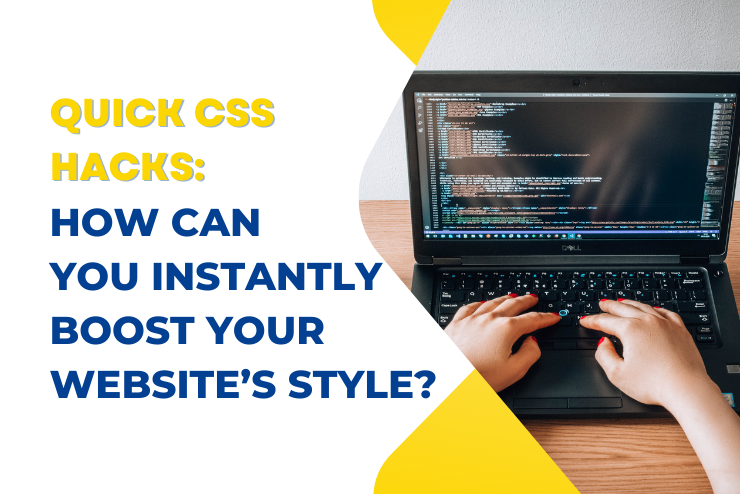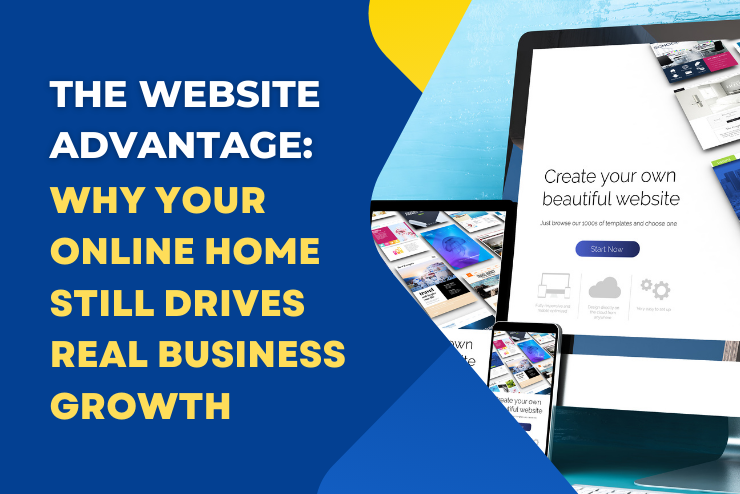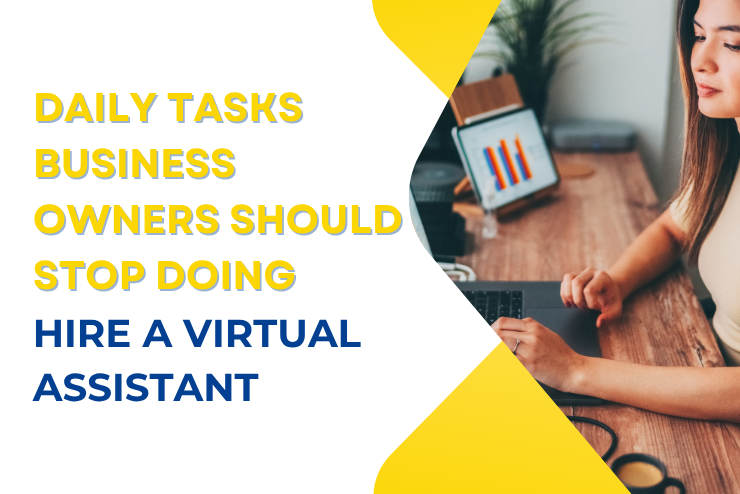Are you struggling to make your website look more polished and professional? Sometimes, even the smallest tweaks can make a world of difference.
But how do you know which CSS changes will have the biggest impact?
In this blog post, we’ll explore some quick CSS hacks that can help you instantly improve your website’s styling. Whether you’re a seasoned developer or just starting out, these tips are simple enough for anyone to use.
1. Why Use CSS Hacks?
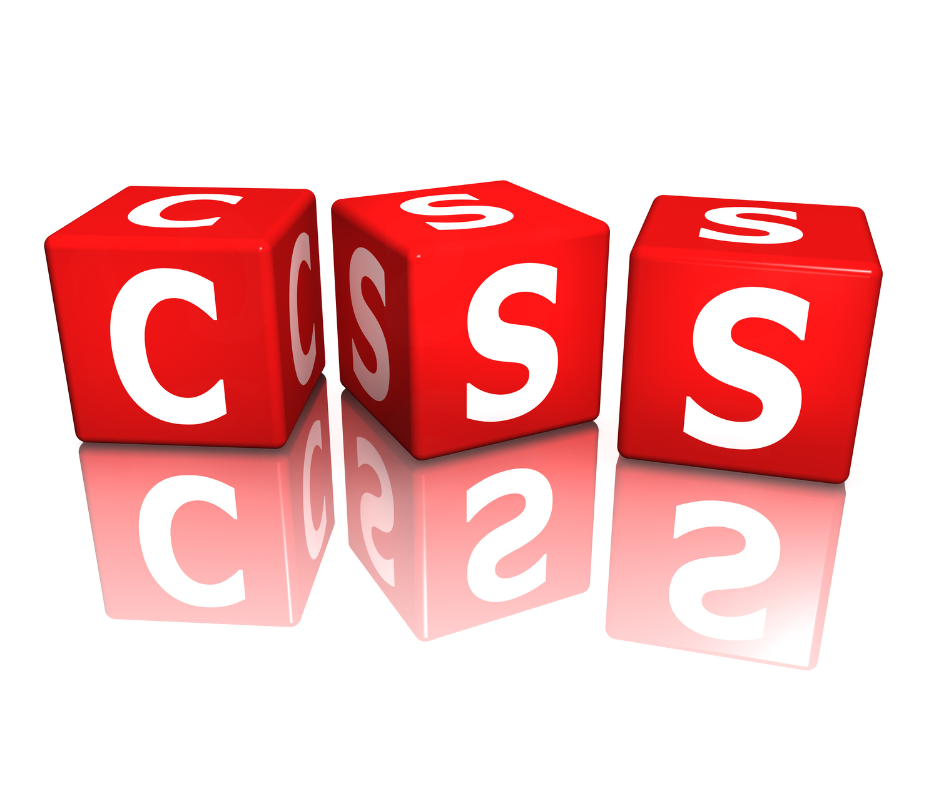
CSS is the backbone of your website’s design. It controls everything from colors and fonts to layout and spacing. But why should you consider using CSS hacks?
These quick fixes can help you solve common design problems without having to redesign your entire site. By using a few clever lines of code, you can enhance the user experience, boost engagement, and even improve your site’s performance.
How CSS Hacks Improve User Experience
User experience (UX) is key to a successful website. Small CSS tweaks can make your site more responsive, accessible, and visually appealing. For example, adjusting line height and letter spacing can make your text easier to read, which keeps visitors on your site longer.
Boosting Engagement with Visual Tweaks
Engagement is all about keeping your visitors interested. CSS hacks can help you highlight important content, create eye-catching buttons, and ensure your site looks great on all devices. By improving your site’s visual appeal, you can encourage visitors to explore more pages and take action.
2. Essential CSS Hacks for Every Website
Now that you understand the importance of CSS hacks, let’s dive into some practical tips you can apply today. These are some of the most effective and easy-to-implement CSS hacks that can elevate your website’s style.
Centering Elements Easily
One of the most common issues in web design is centering elements, especially vertically. Here’s a quick CSS hack to center any element both horizontally and vertically:
.parent {
display: flex;
justify-content: center;
align-items: center;
height: 100vh;
}This code uses Flexbox to center an element within its parent container, ensuring it looks great on any screen size.
Creating Consistent Button Styles
Buttons are crucial for guiding user interaction. A quick way to create consistent and visually appealing buttons across your site is to use a standard CSS class:
.button {
background-color: #007BFF;
color: #fff;
padding: 10px 20px;
border: none;
border-radius: 5px;
cursor: pointer;
transition: background-color 0.3s ease;
}
.button:hover {
background-color: #0056b3;
}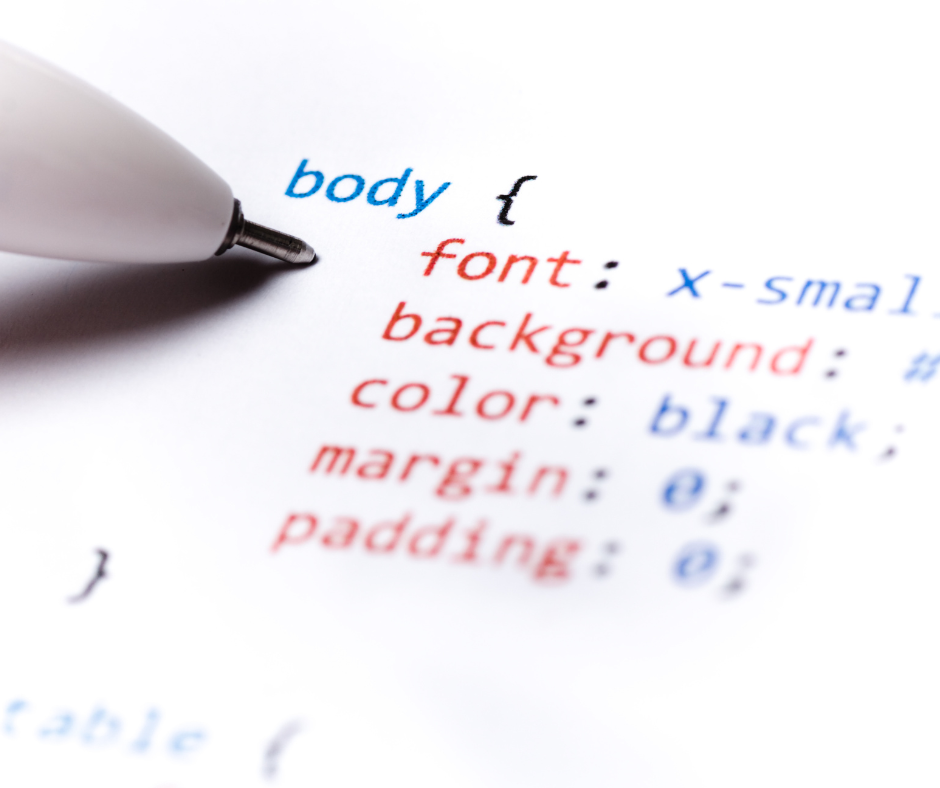
This code ensures that all your buttons have the same look and feel, enhancing your site’s overall design consistency.
Improving Readability with Line Height and Spacing
Good typography is essential for readability. By adjusting the line height and letter spacing, you can make your text more readable and visually appealing:
body {
font-family: Arial, sans-serif;
line-height: 1.6;
letter-spacing: 0.5px;
}These small adjustments can make a big difference, especially on longer pages of text.
3. Advanced CSS Hacks for Professional Styling
Once you’ve mastered the basics, it’s time to explore some advanced CSS hacks that can take your website to the next level.
Customizing Scrollbars for a Unique Look**
Custom scrollbars can add a unique touch to your website, making it stand out from the competition. Here’s how you can do it:
/* For WebKit browsers */
::-webkit-scrollbar {
width: 12px;
}
::-webkit-scrollbar-track {
background: #f1f1f1;
}
::-webkit-scrollbar-thumb {
background-color: #888;
border-radius: 10px;
border: 3px solid #f1f1f1;
}This code customizes the scrollbar’s appearance in WebKit browsers like Chrome and Safari, giving your site a polished, professional look.
Using CSS Variables for Consistency
CSS variables (also known as custom properties) are powerful tools that allow you to maintain consistent styling across your entire site. Here’s a simple example:
:root {
--primary-color: #007BFF;
--secondary-color: #6C757D;
--font-stack: 'Helvetica Neue', sans-serif;
}
body {
color: var(--primary-color);
font-family: var(--font-stack);
}
h1, h2, h3 {
color: var(--secondary-color);
}By defining your colors and fonts as variables, you can easily update your site’s design without having to change multiple lines of code.
Enhancing Mobile Responsiveness with Media Queries
Mobile responsiveness is crucial in today’s web design. Here’s a CSS hack that uses media queries to ensure your site looks great on all devices:
@media (max-width: 768px) {
.container {
padding: 10px;
}
h1 {
font-size: 24px;
}
}This code adjusts the padding and font size for smaller screens, ensuring a seamless experience for mobile users.
4. Testing and Implementing Your CSS Hacks

After applying these CSS hacks, it’s essential to test them across different browsers and devices to ensure they work as expected. Tools like BrowserStack can help you see how your site looks on various platforms.
Additionally, consider using a CSS linting tool like Stylelint to catch any potential errors or conflicts in your code.
Elevate Your Website Today
Ready to take your website’s design to the next level? Start by implementing these quick CSS hacks and watch your site transform.
If you need further assistance or want to ensure your site is fully optimized, don’t hesitate to contact us. We’re here to help you create a stunning, professional website that stands out from the crowd.
Conclusion
CSS hacks are an easy and effective way to improve your website’s styling without a complete overhaul. From centering elements and customizing buttons to enhancing mobile responsiveness, these tips can make a big impact with minimal effort. Start experimenting with these hacks today and see how they can elevate your site’s design.
For more expert tips on web design and development, check out MDN Web Docs and CSS-Tricks, two authoritative resources that provide in-depth tutorials and insights.
This post covers essential and advanced CSS hacks that can help improve your website’s styling with simple and effective changes. Remember, even small tweaks can lead to big improvements in user experience and engagement!
